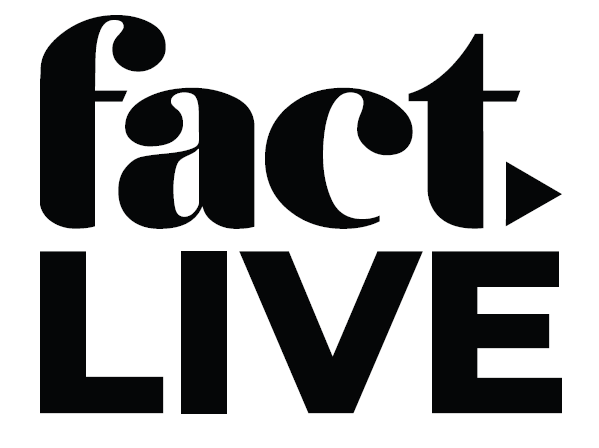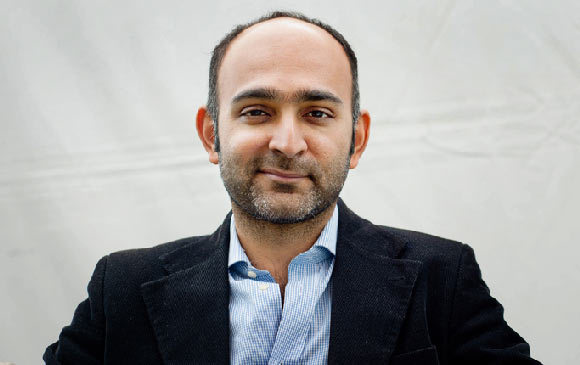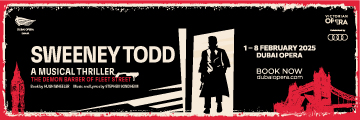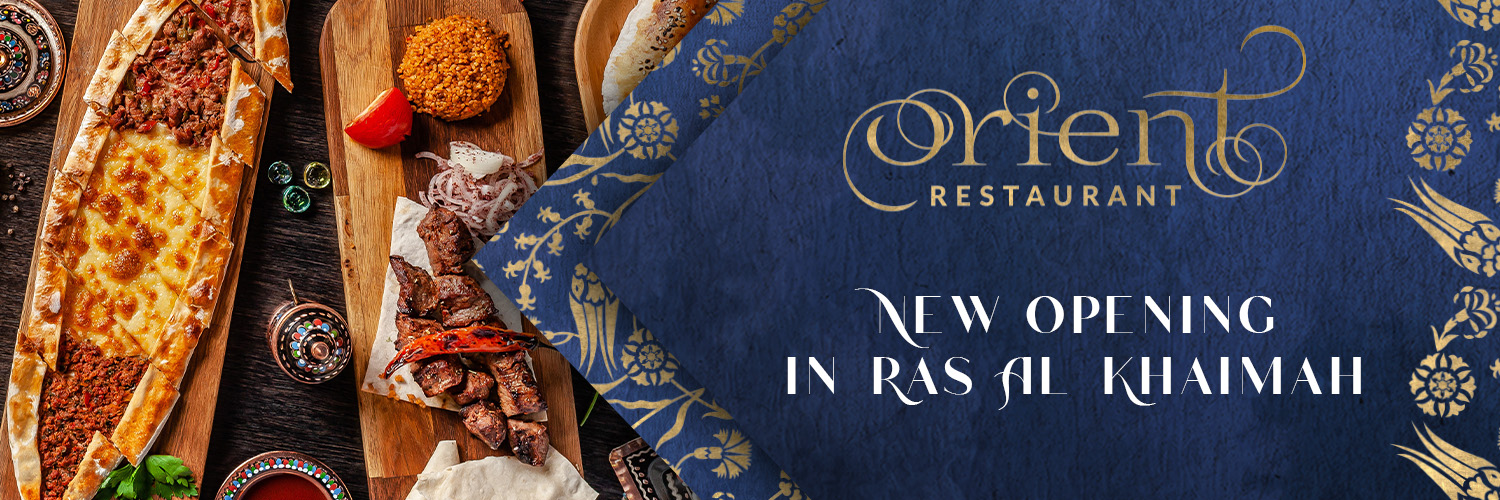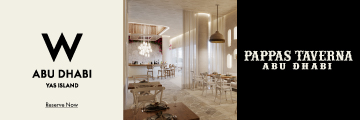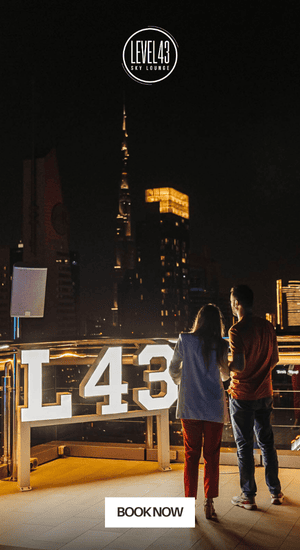As the bestselling author of The Reluctant Fundamentalist comes to the Emirates Airline Festival of Literature, we chat about people, places and politics.
Mohsin Hamid has always been ahead of his time. Long before anti-racism books became best-sellers and #OscarsSoWhite was trending, he has been making marginalised stories mainstream. The British Pakistani novelist is a third culture kid who has capitalised on his multi-hyphenated identities. He is best known for his award-winning, provocatively titled novels, from Exit West to The Reluctant Fundamentalist, and now The Last White Man. Ahead of his appearance at the Emirates Literature Festival, he chatted to FACT about people, places and politics.
Mohsin is joining us over Zoom from his study at his home in Lahore, Pakistan, which has been unaffected by the flooding. He was born in Lahore and moved between Pakistan, the United Kingdom and the United States, and studied at Harvard Law School as well as Princeton University (where he learnt creative writing under Joyce Carol Oates and Toni Morrison).
A writer of his calibre, who has been shortlisted for the Booker Prize and featured on former President Barack Obama’s favourite books list, could easily have an ego. Instead, he has a measured manner. Even though he doesn’t shy away from any topic, he calmly shares his points of view and delivers his thoughts like poetry.
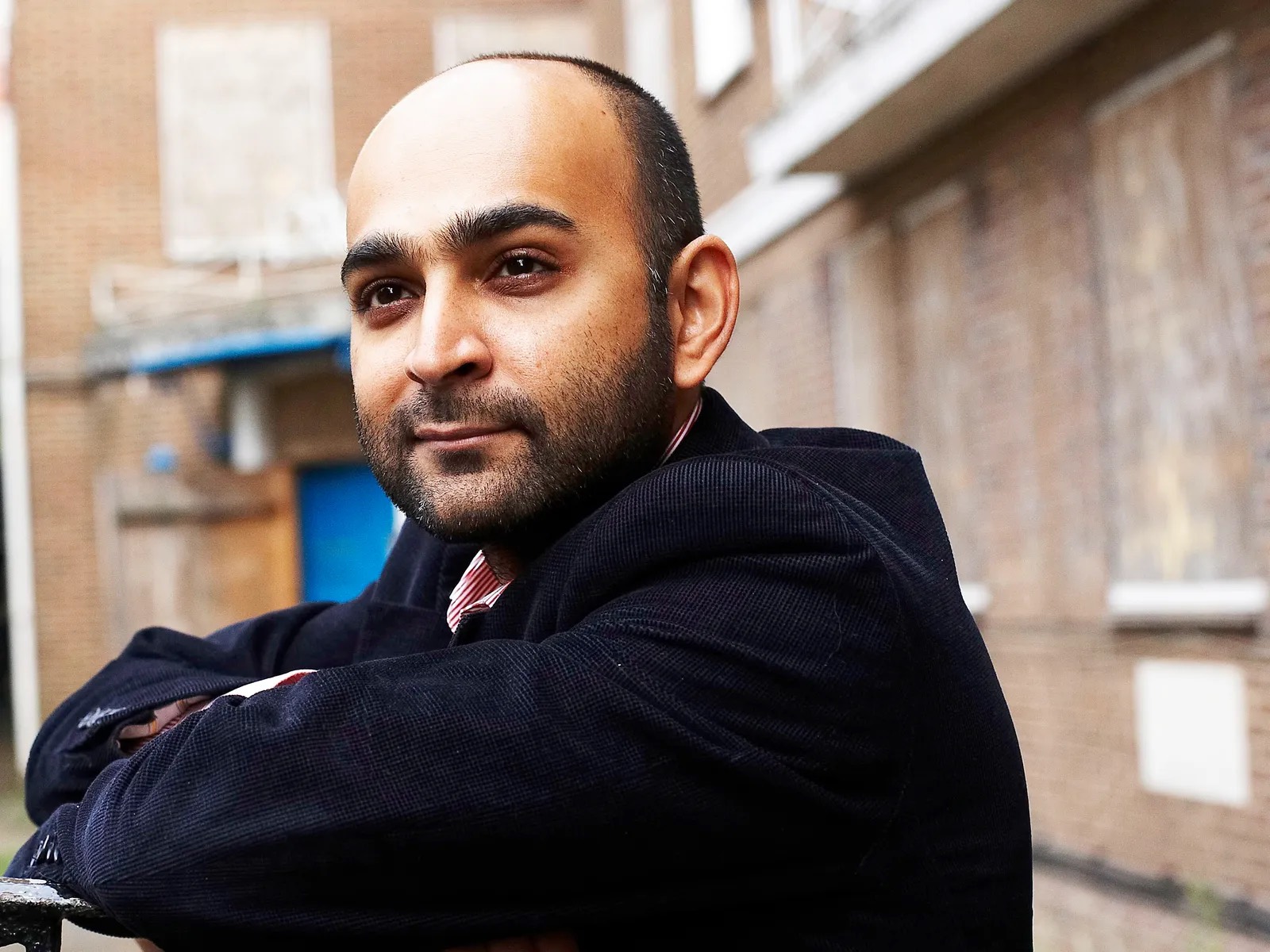
Home and away
Mohsin is a guest speaker at Emirates Airline Festival of Literature, which runs from 1 to 6 February. Now in its 15th year, the festival welcomes more than 250 guests. Visitors can join him in a solo session on The Last White Man, and a group session on South Asian Fiction with Avni Doshi and Jamil Jan Kochai.
When we ask Mohsin about Dubai, he enthuses: “As a family, we have gone on holiday to Dubai many times. The kids have a strong attachment to Dubai. Like most people from a South Asian background, the great cities for the diaspora today are probably London, New York, Toronto and, of course, Dubai. I probably have more friends from Lahore in Dubai than anywhere else in the world.”
Today, Mohsin divides his time between three countries, and still grapples with the concept of home. He shares: “I remain pretty confused about the idea of home. I have three poles in the ping pong game of my life, and I bounce from one place to the next. The United Kingdom and the United States are more volatile than five years ago. Pakistan has become more uncertain. As I watch my homes undergo disruption, it’s hard to know which one is heading in the direction that feels most homelike.”
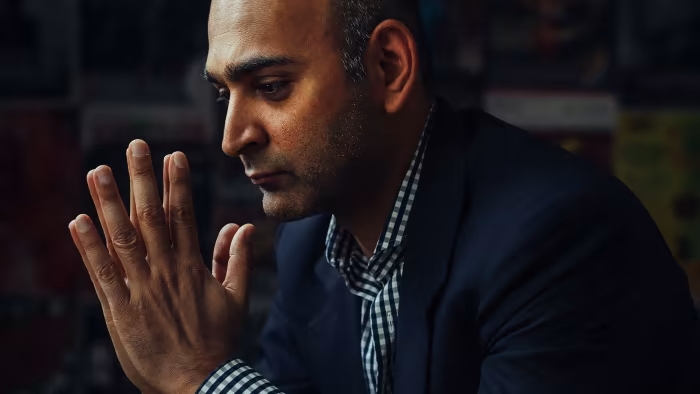
From the margins to the mainstream
Mohsin’s debut novel Moth Smoke was released in 2000, but it was his second novel The Reluctant Fundamentalist in 2007, which made him an international best seller. It tells the story of a Pakistani man who leaves his Wall Street job after the 9/11 terrorist attacks, and explores how his patriotism changes to a deep despondency. Plus, it was turned into a film starring Riz Ahmed, Kate Hudson and Kiefer Sutherland.
Following the release of the book, he was accused of being a terrorist sympathiser. When we ask if white writers are given more creative license and if the accusations stemmed from, well, racism, he responds: “We are in the midst of a debate, and questions around the function of storytelling. It’s clear that there’s representational storytelling – this is what it’s like to be me, somebody like me or a member of my people. Those are important, valid works. There’s an equally important, valid role, which we might call a kind of transgressive form.
“When my son pretends to be a dinosaur, he wants to know – if I’m not a little boy, but a mighty Tyrannosaurus Rex, how would that feel? The imagination exists for us to engage. The transgressive note is getting a backlash. Who can write what? What does it mean to write this? This cannot be answered in terms of thou shalt write thy people. I’ve always been drawn to transgressive writing. We don’t read just to find out about ourselves, we read to be inside other people.”
If Mohsin did not come of age as a writer during 9/11, who knows what kind of books he would have created. “I would’ve felt less need to write,” he remarks. Instead, he had the burden (or opportunity) to explore identity. Just as director Ken Loach explores class and Spike Lee explores race, he clearly feels a responsibility to tackle social issues. “If the world looks so unlike what you wish, the desire to write about a different world gets increasing strength within you,” he adds.
The Last White Man
Not one to shy away from controversial topics, his latest novel The Last White Man, follows a white man who changes, Kafka-style, to a “deep and undeniable brown”. Soon, the once white town is filled with dark skinned people. Mohsin came up with the idea after experiencing racial profiling after 9/11. Plus, while most books on race have a serious tone, he has adopted a playful one.
“It explores whether race is just an imaginary construct, in the way we imagined witches and burnt them at the stake. We now think that we are white, brown or black.” He laughs: “In the future, are people going to look back and say, ‘these people were idiots, were they really going around doing this kind of nonsense?'”
“Following the tribalisation around race all over the world, it’s now not the post-9/11, ‘oh, you’re a terrorist’. It’s a 2020s version, ‘you’re different from me’. So, whether this is being somebody who’s not white in America or Britain, or somebody who is white in America or Britain, the divisions are more pervasive.
“Before, fewer people could imagine themselves as objects of suspicion, now almost everybody can. Even majority communities can imagine themselves as objects of suspicion when they enter minority neighbourhoods. The ability to feel like a minority is something that majorities have embraced the world over, but sometimes with disastrous results.”
In the United States, some states have discussed banning books like Harper Lee’s To Kill a Mockingbird and critical race theory. While the role of the writer has changed, so too has the role of the reader. He discusses: “A book is just words on a page. You’re not a viewer of a book, you are a reader. The reader creates images out of words, the emotions, sights and sounds. The reader makes the book to a greater degree than a viewer makes a film. Being invited to use your imagination in partnership with somebody, that is valuable in a polarised and divided society.”
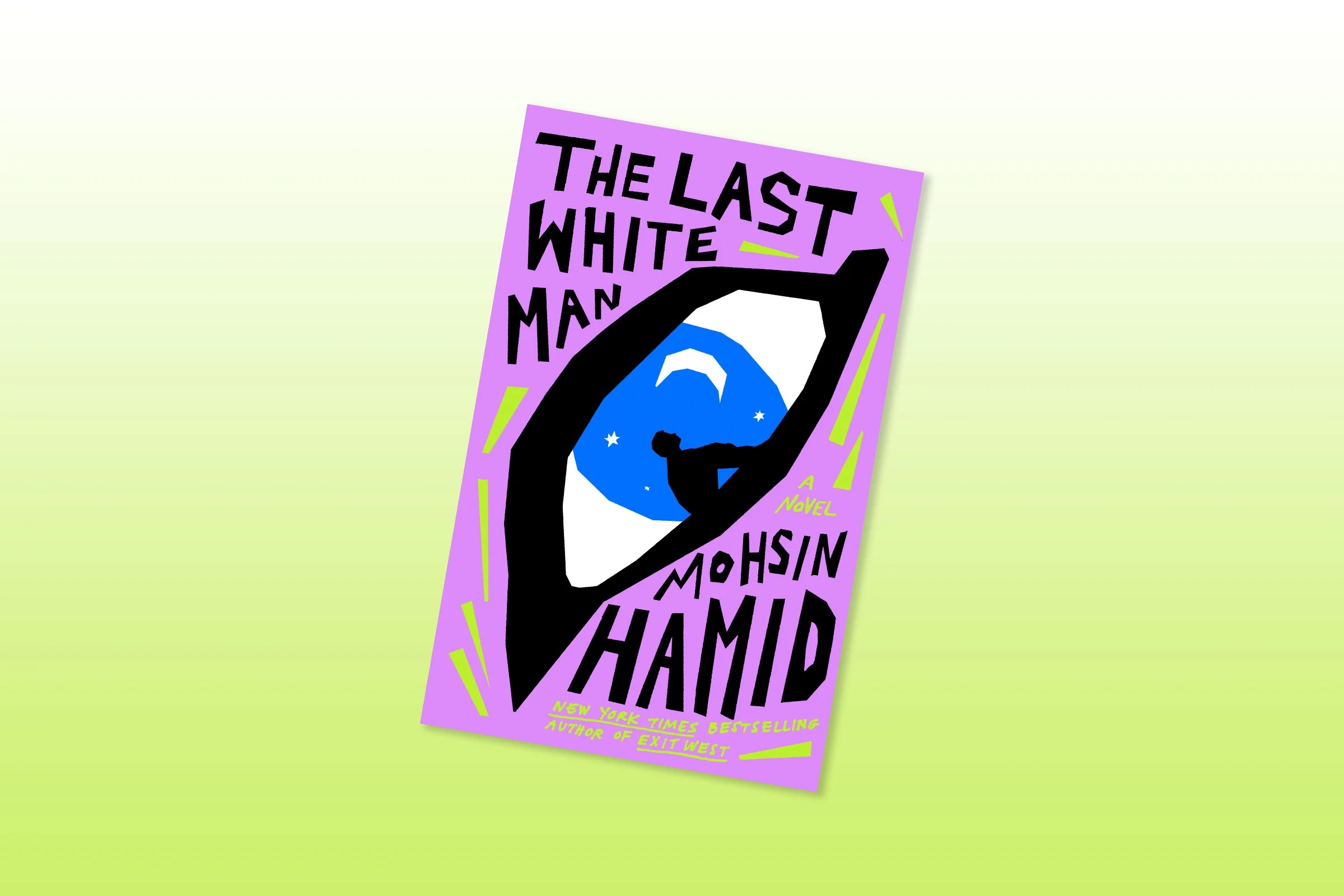
The next chapter
Right now, Mohsin is reading non-fiction including Kate Raworth’s Donut Economics, Ray Dalio’s Principles for Dealing with the Changing World Order, and Nicholas Taleb’s Antifragile: Things that Gain from Disorder.
We dash through world news: America (“we live now in a decline of Rome phase”); Britain (“it’s regressing into a dangerous nostalgia, which makes it less appealing to the world but also a poorer, less functional society”) and British Prime Minister Rishi Sunak (“I frankly didn’t know if Britain was capable of accepting a man like Rishi”).
The only time Mohsin hesitates is when we ask about his next book. He reveals: “It’s like naming your baby in the first trimester. I hate talking about it before it’s properly established. I have this idea in relation to technology, which I’m playing with, but I keep writing another novel instead.”
Mohsin, whatever the novel, we’re certain you’ll be ahead of the curve.
GO: Visit https://emirateslitfest.com for more information.
